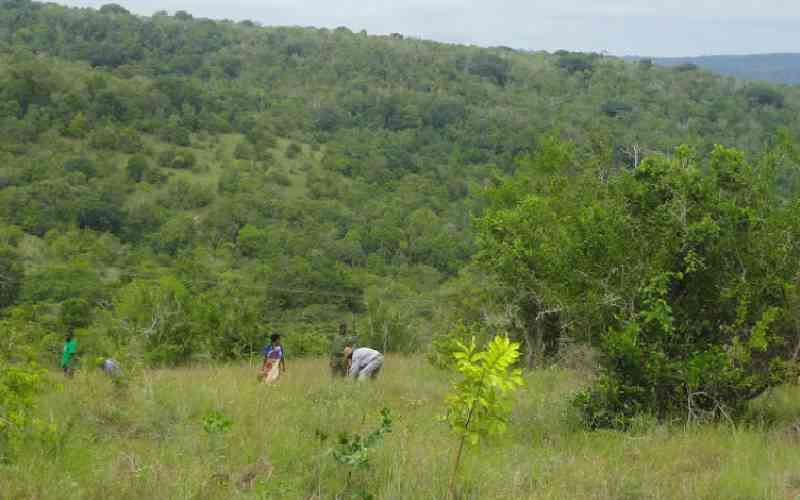×
The Standard e-Paper
Fearless, Trusted News

A Kakamega court has put to halt a 31-year quest of a group calling itself the 1992 Squatters Sacco which among other things sought ownership of 1,577.86 hectares (3,900 acres) of Turbo/Lugari Forest land.
The judgment delivered, last week, brings to a stop tussle that has seen the squatters feature in the National Assembly, political rallies and even the (Paul) Ndung'u Land Commission seeking a piece of the forest.